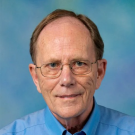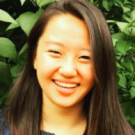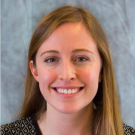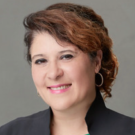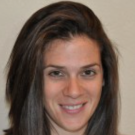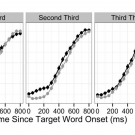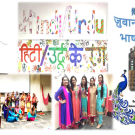The Cluster on Language Research (https://www.languagecluster.com) now moderates this blog. Periodically, we will feature a guest moderator posting ideas and comments on selected language topics from all disciplinary points of view. Your responses are welcome: anboyer@ucdavis.edu and jacrowley@ucdavis.edu.


